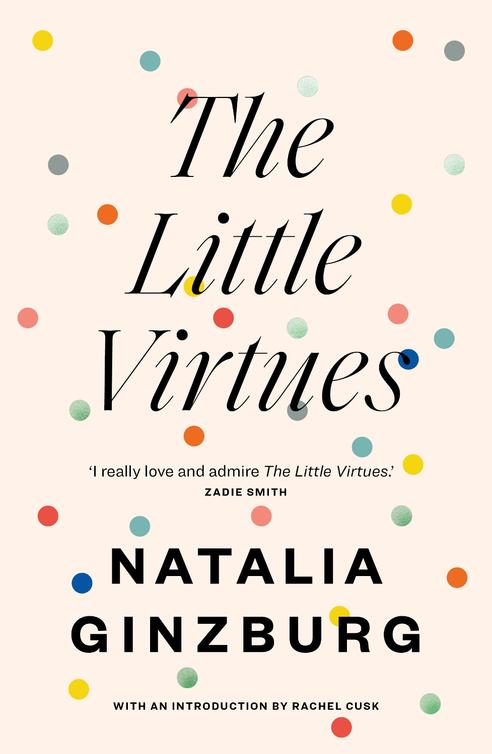
The Little Virtues PDF
Preview The Little Virtues
'As far as the education of children is concerned I think they should be taught not the little virtues but the great ones.'
Between 1944 and 1960, Natalia Ginzburg wrote The Little Virtues, a collection of eleven vivid portraits of life that are central to her legacy as one of the greatest Italian writers of the twentieth century. From the Italian countryside, where she and her husband lived in exile under fascist rule, to the melancholy streets of 1960s London, Ginzburg explores loneliness and belonging against the backdrop of post-war Europe.
In The Little Virtues, Ginzburg takes familiar objects and experiences – worn-out shoes, money boxes, meatballs, childhood, silence – and transforms them into subjects of great significance. While haunted by the political events of the time, Ginzburg rests her gaze on the human intimacies that shape and define our lives: friendships, marriage and parenthood. She describes her longest relationship...
